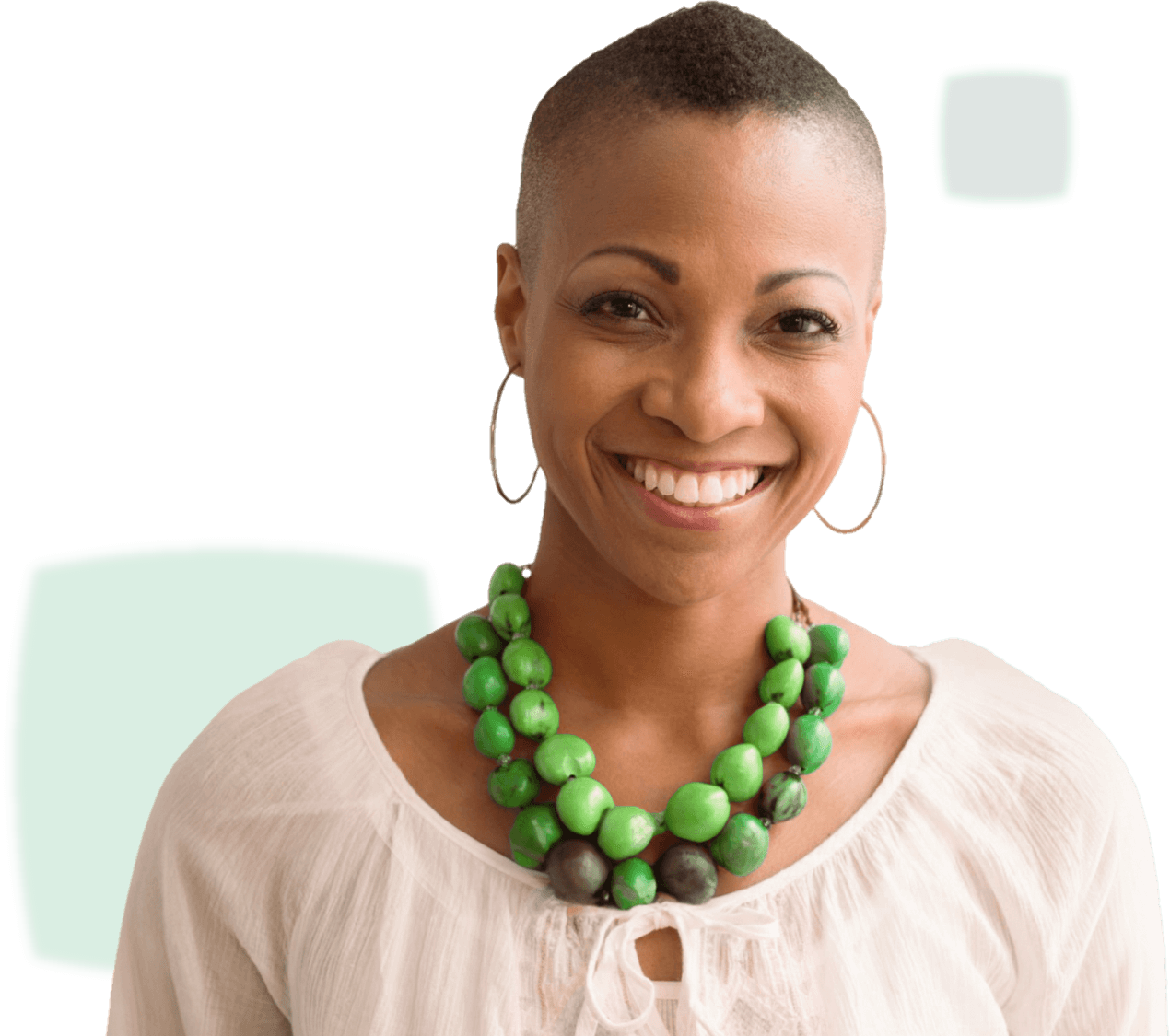The costs of buying a house | How much does it cost? | YBS

What's on this page?
Fees and costs
What are all the costs involved in buying a home?
The mortgage product you opt for could affect some of the costs too.
Before you choose your mortgage, make sure you look at the fees.
| Cost name | Do I have to pay it? | What’s it for? | How much can I expect to pay? |
|---|---|---|---|
| Home survey | No, you don’t have to have a survey but it can help you learn about potential problems with the building. Anything that’s highlighted could give you a reason to negotiate on your original offer with the seller. | There are different levels of survey depending on the size of the property and depth of information you want. The most basic survey will give an overview of the property's condition and point out significant problems, but won’t go into detail. | £500 - £1500 |
| Valuation fee | Sometimes the valuation is free. A valuation is always carried out by the lender. | A valuation by a lender is not a survey and just confirms the value of the property to the lender. | From free. Check with your lender. |
| Mortgage product fee or mortgage arrangement fee | This is part of the mortgage application, and you will have to pay it. Sometimes you can add it to the loan amount. If the purchase falls through, you should get your money back. | The mortgage product fee is to cover the administration costs of arranging your mortgage. You pay this when you apply for the full mortgage application. | From free to around £2,500. Check with your mortgage product details. |
| Mortgage booking fee Sometime called an application or reservation fee. | Not all lenders charge these, but if they do, it will have to be paid on submitting your full mortgage application. It’s not refundable even if your house purchase falls through. | If it’s charged it’s sometimes to reserve a certain type of product. | From £100 -£300 |
| Stamp duty | If your property is £250,000 or less you won’t pay stamp duty. Also, if you qualify as a first time buyer you won’t pay stamp duty on a house purchase up to £425,000 and a reduced rate up to £625,000. | Stamp duty is tax paid to the government on house purchases depending on the price of the house. If you have to pay the tax, you will pay your solicitor or conveyancer and they will pay it to HMRC. This happens when your house purchase has completed. | From 5% to 15% of the purchase price. Use our stamp duty calculator to work out how much you could pay. |
| Solicitors or Conveyancing fee | Yes. Conveyancing is the legal process that all property sales go through. | Conveyancers deal with the transfer of property ownership. They also do checks and searches on factors that could affect the property you’re buying. | £800 - £1500+ |
What documents do I need for my mortgage application?
You’ll need documents to prove your ID and address:
- Signed full or provisional UK/EU driving licence.
- UK bank or building society current/savings account or credit card statement, from the last 3 months.
- UK utility bill from the last 3 months.
- Letter from HMRC including tax credit or statement (not P45 or P60) from the last 12 months.
- Council tax bill from the last 12 months.
You’ll need documents with details of your finances:
Complete your full mortgage application
Apply online
If you’re happy to continue without any advice, you can apply online.
Speak to an expert
What are the different types of products?
| Mortgage type | Description |
|---|---|
| Tracker rate | A tracker mortgage has a variable rate that tracks or follows the Bank of England base rate, or the lenders standard variable rate, for the initial period of the mortgage deal. |
| Fixed rate | A fixed rate mortgage means your interest rate is fixed for the initial period of the mortgage deal. This means your mortgage payments won't go up or down during this time. |
| Offset | An offset mortgage is a way of linking your mortgage with your savings to reduce the amount of interest you pay. |
What is a capital repayment mortgage and interest only mortgage?
Capital repayment or repayment mortgage
When you reach the end of your mortgage term you will have paid off the mortgage loan and the interest.
Interest only mortgage
When you get to the end of the mortgage term you will need another way of paying off the loan, in one lump sum.
Read our guide interest only mortgages
What are interest rates on mortgages?
Explore interactive lessons and quizzes at your own pace.
What’s the difference between freehold and leasehold properties?
Freehold and leasehold are types of property ownership
Leasehold: You own the property for a set period of time, but not the land it’s built on.
Read our guide, leasehold and freehold differences
For impartial financial advice, try MoneyHelper
What do you want to learn about next?


